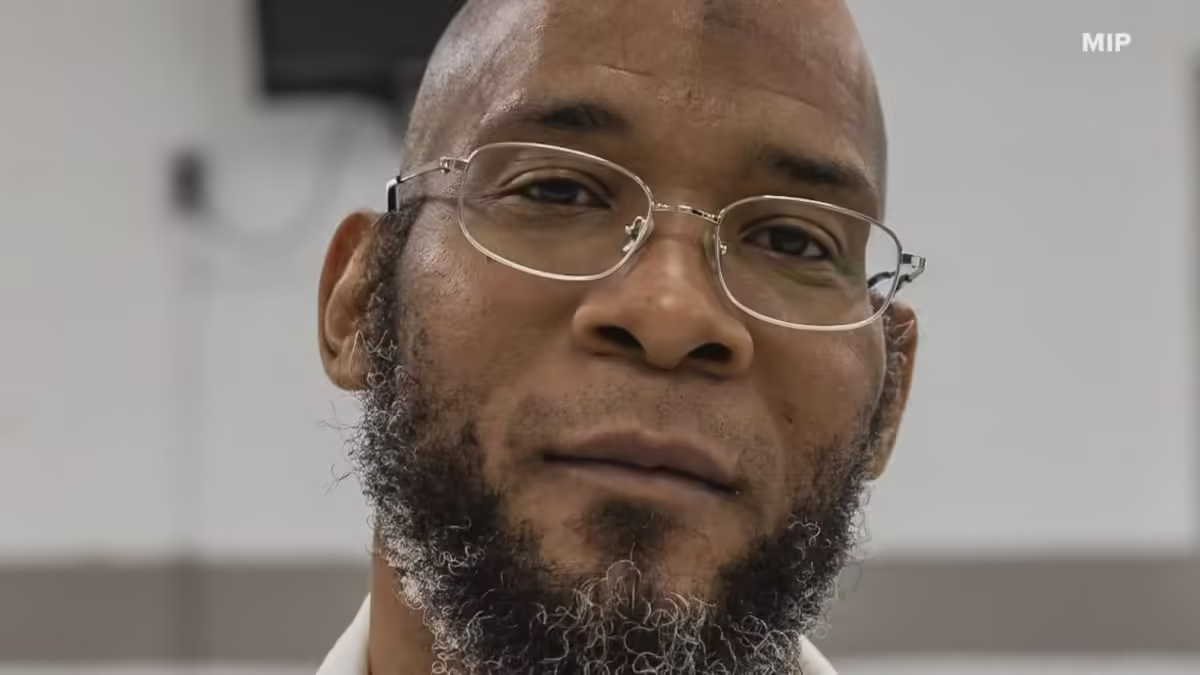Marcellus Williams was executed on Tuesday night in Missouri, concluding more than twenty years spent on death row. His case had drawn significant public attention due to the controversies surrounding his conviction and claims of innocence.
Williams was convicted of the 1998 murder of Felicia Gayle, who was fatally stabbed in her home in a St. Louis suburb. Despite his consistent assertions that he did not commit the crime, and after two previous stays of execution, his death sentence was carried out. The case was controversial, with many voicing concerns about racial bias in jury selection and the mishandling of DNA evidence.
One of Williams’ attorneys argued that the selection of jurors for the trial was racially biased and that critical DNA evidence had been mishandled. Despite these claims, a last-minute appeal to the US Supreme Court was denied, with the state’s highest court and Governor Mike Parson also rejecting his clemency requests earlier in the week.
Three liberal justices on the US Supreme Court—Sonia Sotomayor, Elena Kagan, and Ketanji Brown Jackson—expressed their dissent, stating that they would have granted a stay of execution. They did not, however, provide specific reasoning for their disagreement with the court’s majority ruling.
At the execution, no representatives of Felicia Gayle’s family were present, according to Karen Pojmann, the communications director for the Missouri Department of Corrections. However, Williams’ son and two of his attorneys were there to witness his final moments.
During the 1998 trial, prosecutors argued that Williams had broken into Gayle’s home, stabbed her 43 times with a butcher knife, and then stolen her purse and her husband’s laptop. Felicia Gayle, a former reporter for the St. Louis Post-Dispatch, was working as a social worker at the time of her death.
Williams’ legal team raised serious concerns about the trial. They highlighted that Black jurors were unfairly excluded and that no forensic evidence directly tied Williams to the crime scene. Furthermore, the murder weapon, a crucial piece of evidence, had been mishandled, casting doubt on the DNA findings. The prosecutor admitted that he had handled the knife without gloves after it was tested at a crime lab, which further complicated the case.
Governor Mike Parson denied Williams’ clemency request, stating, “We hope this gives finality to a case that’s languished for decades, re-victimizing Ms. Gayle’s family.” Parson added that no judge or juror had ever found Williams’ claims of innocence to be credible.
Despite the governor’s stance, a broad group of people, including high-profile figures like British billionaire Richard Branson, actively campaigned against the execution. Branson, in a statement to the BBC, expressed his belief in Williams’ innocence, calling him “an innocent person” and citing evidence from the prosecuting counsel that supported this claim.
The family of Felicia Gayle had expressed a preference for a life sentence instead of the death penalty, and local prosecutors even pushed for the conviction to be overturned. Twice before, in 2017 and 2015, Williams’ execution had been delayed following the discovery of male DNA on the murder weapon that did not match his own. Former Missouri Governor Eric Greitens, who granted the second stay, had appointed a panel to investigate the case. However, the panel never reached a conclusion as Greitens left office amidst a personal scandal.
Further complicating the situation, St. Louis County Prosecutor Wesley Bell requested a hearing concerning the DNA evidence. It was revealed that someone in the prosecutor’s office had touched the knife without gloves, which had compromised the DNA evidence, leading to the cancellation of the hearing. Bell expressed his frustration over the situation, stating that the case’s outcome “did not serve the interests of justice.” He added, “If there is even the shadow of a doubt of innocence, the death penalty should never be an option.”
Williams’ legal representation, including the Midwest Innocence Project, had worked to secure a no-contest plea to first-degree murder in exchange for a life sentence, but the Missouri Supreme Court ruled against it, maintaining that the death penalty should proceed.
In their statement, the Innocence Project highlighted that Williams’ case is emblematic of broader issues in the U.S. criminal justice system. They emphasized that Williams, a Black man convicted of killing a white woman, had maintained his innocence up until the moment of his execution.





